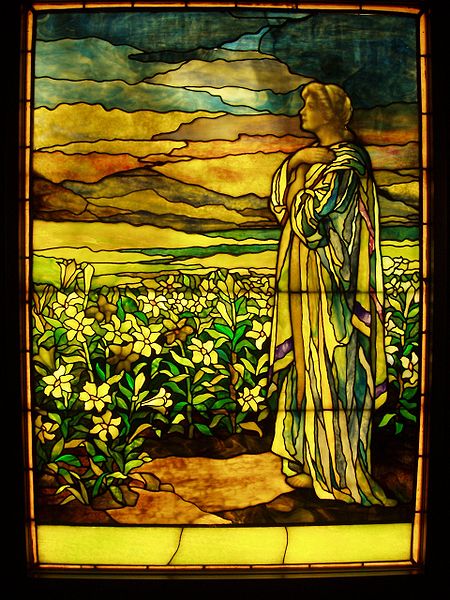Sometimes my clients tell me, “I wish I did not have to come to therapy/spiritual direction. Why can’t I just do these things on my own?!”
Shortly after my church got going, Will had similar questions:
It is frustrating, isn’t it? We have to learn new things and unlearn old things. It takes time.
Zoom doesn’t cause the right trouble
It does not just take time to grow, it takes discipline. We don’t change unless we get troubled. Spiritual disciplines are all about purposely troubling ourselves to cooperate with our transformation. For instance, I wish I had to get in my car today and drive to my spiritual director’s house for our appointment. That way my schedule would have to trouble itself to center around the preparation to make it there on time and so face the problems associated with seeking God and attending to my inner work. Zoom is OK and it also causes some good trouble, but I miss getting dressed presentably, taking the anticipatory trip and then riding home with good things from God to chew on. All that trouble makes me feel like I really did something — because I did.
I have rituals that do not bring life
I not only need to honor the time and discipline it takes to grow, I need to protect the rituals that habitually steer me the direction my heart wants to go. Unfortunately, this year we have established all sorts of new rituals forced on us by the pandemic. Like starting most conversations with “You’re muted,” and “Can you hear me?”
But here comes Lent, the mother of all rituals, to present an opportunity to get out of our terrible new ruts. I started in January, actually, with a lockdown-sloughing diet. That feels good, like I actually care about myself. But today I am definitely driving clear back to West Philly to the best shop in town to get my “fastnacht,” diet or not. It is a ritual. Then I plan to get into Lent, pandemic be damned. I’ve got to get a life! Our pastors are theming Lent in a very straightforward way, as you can see by their “ad” below. That sounds good.
Lent is not just a solitary pursuit
Our personal disciplines and ritual-keeping are important. But what we need most of all to keep us on track for spiritual development is each other! We need other people to help us and move with us – not just therapists and directors, but all those people we are frightened to need. It is no shame to need someone to help us see ourselves and know God; it is just reality. Somehow, we think we should be perfectly self-sufficient. Maybe you think that is “freedom.”
If you could be healthy and happy on your own, you would be. (And if you think you are, God bless you!). Most people are not. Rather than wondering why I need to see a therapist or spiritual director, or be part of a cell, or worship and learn with the church, or read another book, or get up before the kids get up and pray, we might ask, “Why wouldn’t I need all those people to feel truly alive?” Even when I am alone I am with God I bring all the ways others have blessed me with me!
Individual growth is often painful and all too slow. It just is. What’s more, we can’t see ourselves or grow without others to love us and help us along the way. That’s just true. Even if it scares you to feel weak and dependent, why don’t you welcome those feelings during Lent? That might be revolutionary!
The welcoming prayer
My pastor introduced many of us to Thomas Keating’s Welcoming Prayer last Sunday during our meeting. I think it might make a good ritual for anyone who feels ashamed of not being who they aren’t or not being where they think they ought to be in life. Your “emotional program for happiness” might be all about achieving autonomy, being free, or becoming unhurtable. During Lent you might have enough time, if you disciplined it, to get to know God dying for you in Jesus, subject to our sin and death and rising into the fullness of love.
I’ll leave Keating’s prayer with you:
Welcome, welcome, welcome.
I welcome everything that comes to me today
because I know it is for my healing.
I welcome all thoughts, feelings, emotions, persons,
situations, and conditions.
I let go of my desire for power and control.
I let go of my desire for affection, esteem, approval and pleasure.
I let go of my desire for survival and security.
I let go of my desire to change any situation, condition, person or myself.
I open to the love and presence of God and
God’s action within. Amen




